
Are you planning an unforgettable trip to Japan? As you get ready to embark on your adventure to the Land of the Rising Sun, it's essential to pack the right items to make your journey comfortable, smooth, and hassle-free. With so much to explore, from the neon lights of Tokyo to the serene temples of Kyoto, being well-prepared can make all the difference. Our comprehensive guide will help you pack efficiently and effectively, ensuring you have everything you need for your best trip to Japan, whether it's a solo adventure, honeymoon getaway, or a family vacation. Get ready to dive into Japanese culture and create lasting memories with this ultimate packing list.
Packing Tips and Tricks For Trip To Japan
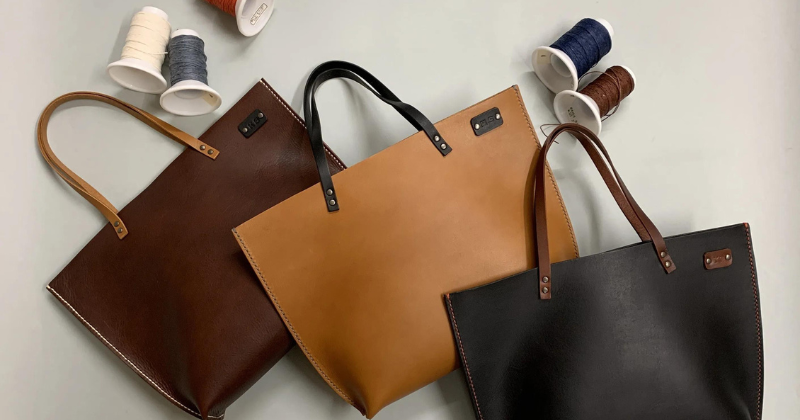
To make the most of your luggage space and ensure a stress-free packing experience, consider the following tips and tricks:
Japan packing tips

Opt for lightweight and versatile clothing that can be mixed and matched to create different outfits. This will help you save space in your suitcase while allowing you to adapt to different occasions and weather conditions. Use packing cubes or compression bags to organize your clothes and maximize suitcase space. Rolling your clothes instead of folding them can also help prevent wrinkles and save space.
How to pack for Japan
Keep your important documents, medications, and valuables in your carry-on luggage to ensure they're always with you. This can help you avoid any issues in case your checked luggage is lost or delayed.
What to pack for Japan

Don't overpack – Japan has many convenience stores and shops where you can purchase additional items if needed. This will help you avoid excess baggage fees and allow room for souvenirs.
Travel Documents and Money
Ensure a smooth and hassle-free trip by organizing your travel documents and money before you depart. Here's what to bring:
Passport and Visa
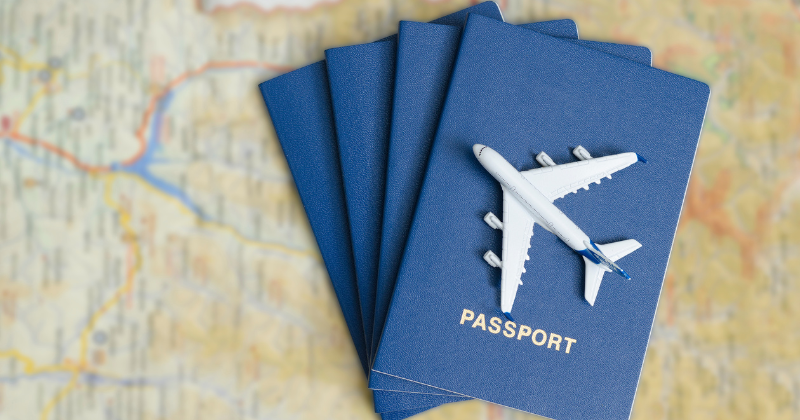
Your passport should be valid for at least six months beyond your planned departure date from Japan. Check the visa requirements for your nationality, as some travelers may need a visa to enter Japan.
Travel Insurance
Purchasing travel insurance can provide peace of mind and financial protection in case of emergencies, trip cancellations, or lost luggage. Review different policies to find the coverage that best suits your needs.
Japanese Yen
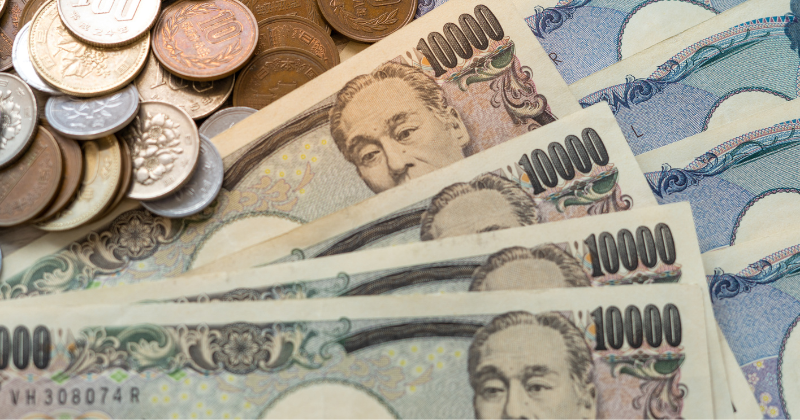
While credit cards are widely accepted in Japan, it's a good idea to carry some cash in the local currency, Japanese yen (JPY), for smaller purchases and emergencies. Exchange money before your trip or withdraw yen from ATMs upon arrival.
Credit Cards and ATM Cards
Notify your bank and credit card companies about your travel plans to avoid any issues with using your cards abroad. Research the fees and charges associated with international transactions and withdrawals.
Japan Travel itinerary

Keep a copy of your Japan travel itinerary, including flight details, accommodation reservations, and any pre-booked tours or activities. Having this information readily available can save time and reduce stress during your trip.
Clothing Essentials For Japan Trip
Packing the right clothing for your trip to Japan is essential to ensure your comfort and adaptability to the local weather and customs. Here's what to consider when selecting your wardrobe:
Seasonal Considerations When Packing For Trip To Japan

Japan experiences four distinct seasons, each with its unique weather conditions. It's essential to pack clothing appropriate for the time of year you're visiting.
Spring/Summer

Spring (March-May) is a popular time to visit Japan, thanks to the cherry blossom season. Pack light layers, a light jacket, and comfortable footwear. Summer (June-August) can be hot and humid, so bring breathable, moisture-wicking clothes, a sun hat, and sunglasses.
Fall/Winter

Fall (September-November) offers mild temperatures and stunning foliage, so bring layers, a light jacket, and comfortable shoes. Winter (December-February) can be cold and snowy, especially in the northern regions. Pack warm layers, a heavy coat, waterproof boots, and cold-weather accessories like gloves, scarves, and hats.
Prepare With Layers For Sudden Weather Changes
Regardless of the season, wearing layers is key when visiting Japan. The weather can change throughout the day, and indoor temperatures may vary significantly. Be prepared with easily removable layers to stay comfortable.
Comfortable Footwear

Comfortable, versatile shoes are a must for exploring Japan's cities and countryside. Opt for walking shoes or sneakers that can handle long days of sightseeing. If you plan to visit temples or traditional homes, consider slip-on shoes for easy removal, as you'll be expected to take them off before entering.
Accessories
Pack a compact umbrella or a lightweight rain jacket, as Japan can experience sudden rain showers. A small daypack or crossbody bag is also helpful for carrying essentials while you're out exploring.
Toiletries and Personal Care Items

To stay fresh and comfortable during your trip, don't forget to pack the following toiletries and personal care items:
Basic Toiletries
Bring travel-size versions of your daily essentials, such as toothpaste, toothbrush, shampoo, conditioner, body wash, and a razor. You may also want to pack a small bottle of laundry detergent for hand washing items as needed.
Travel-Size Items
Keep your luggage light by opting for travel-size versions of products like deodorant, hand sanitizer, and facial wipes. Remember that liquid items should be packed in a clear, resealable plastic bag if you're carrying them in your carry-on luggage.
Medications and First-Aid

Don't forget to pack any prescription medications you need, along with a basic first-aid kit. It's also a good idea to bring a small supply of over-the-counter medications, such as pain relievers, allergy medicine, and motion sickness tablets.
Special Considerations For Japan
Japan's public restrooms may not always have soap or hand towels, so it's a good idea to carry hand sanitizer and a small pack of tissues with you. Additionally, pack a washcloth or small towel, as these may not be provided at all accommodations.
Gadgets and Electronics
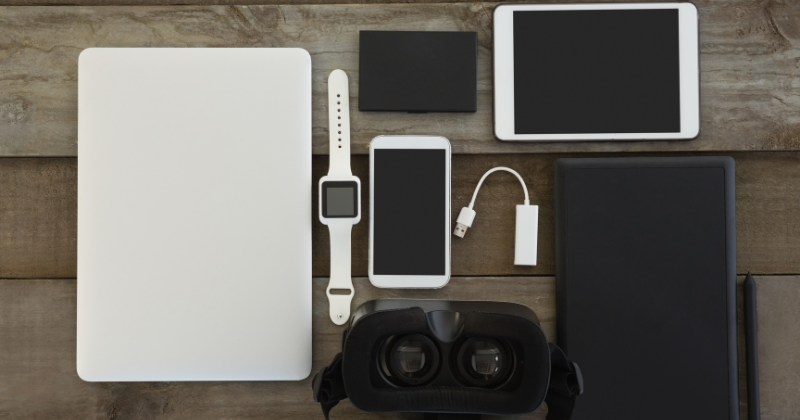
Staying connected and capturing memories during your trip to Japan is essential. Here are some gadgets and electronics to pack for a seamless experience:
Smartphone and Charger
Your smartphone is an invaluable tool while traveling. It can serve as your camera, GPS, language translator, and more. Make sure to bring a charger and any necessary cables to keep your phone powered throughout your trip.
Portable Power Bank
A portable power bank can be a lifesaver when you're out exploring and your devices run low on battery. Choose a lightweight, high-capacity power bank to keep your electronics charged on the go.
Universal Adapter

Japan uses Type A and Type B electrical outlets, which are different from those in many other countries. Pack a universal adapter to ensure you can charge your devices during your stay.
Camera and Accessories
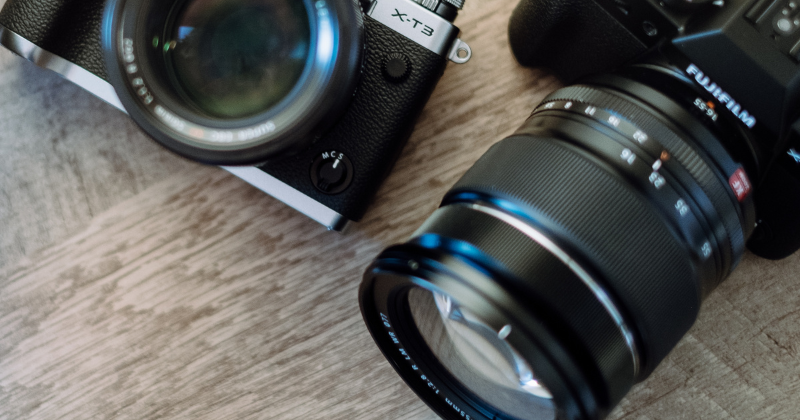
If you're an avid photographer or simply want to capture high-quality memories of your trip, pack a camera, along with extra batteries, memory cards, and a protective case.
Noise-canceling Headphones
Long flights and train rides can be more enjoyable with a good pair of noise-canceling headphones. They'll help you relax and tune out any distractions during your travels.
Language and Cultural Items

To fully immerse yourself in Japanese culture and communicate effectively with locals, consider bringing the following language and cultural items:
Phrasebook or Language App
While many people in Japan speak some English, learning a few basic Japanese phrases can go a long way. Pack a small phrasebook or download a language app to help you navigate your way through conversations, menus, and signs.
Guidebook to Explore Japan Carefree
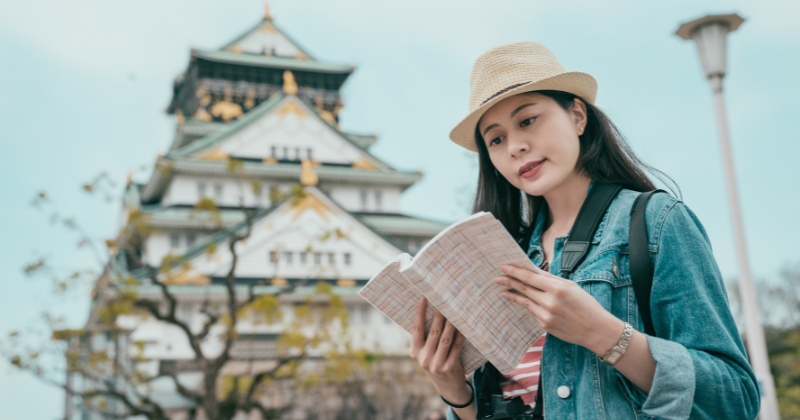
A guidebook with information about your travel destinations can provide valuable insight into the local culture, history, and attractions. Choose a guidebook that includes maps, transportation information, and recommendations for restaurants and accommodations. Alternatively, simply follow our blogs to gain deeper insight into any place in Japan you plan on visiting.
Japanese Cultural Etiquette Guide
Familiarizing yourself with Japanese customs and etiquette can help you avoid any cultural faux pas during your trip. Research common gestures, phrases, and behaviors to ensure a smooth and respectful experience.
Packing for Special Purposes

Depending on the nature of your trip to Japan, you may need to pack additional items specific to your activities or goals. Here are some suggestions for packing with special purposes in mind:
Study Abroad Japan Packing List
If you're studying abroad in Japan, you'll need to pack for an extended stay. Bring additional clothing, school supplies, and any necessary textbooks or materials. Don't forget important documents like your student visa, acceptance letter, and proof of health insurance.
Outdoor Activities in Japan
Japan offers numerous opportunities for outdoor adventures, from hiking and skiing to cycling and water sports. Pack appropriate gear, such as hiking boots, a waterproof jacket, or sports equipment, depending on your planned activities. Remember to bring a reusable water bottle and sunscreen to stay hydrated and protected.
Business Trips to Japan
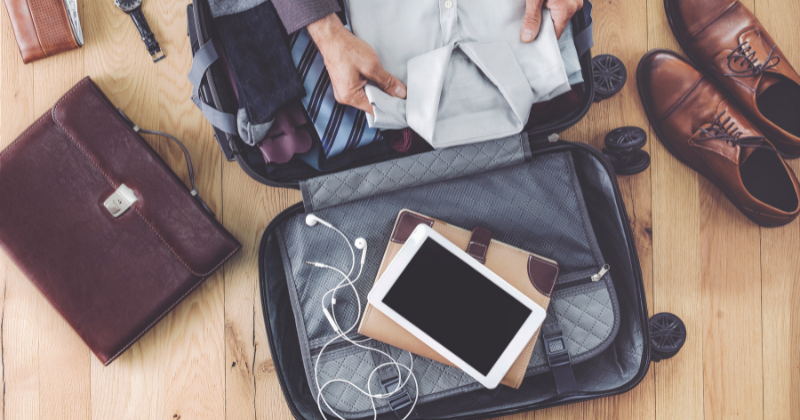
For business travelers, packing professional attire is essential. Bring a suit or business-casual clothes, along with appropriate shoes and accessories. Don't forget your business cards, as exchanging cards is a common practice in Japan.
As you finalize your packing for your exciting trip to Japan, make sure to check off the essential items we've covered in this guide. By being well-prepared, you can focus on immersing yourself in Japan's rich culture, breathtaking landscapes, and delicious cuisine. Remember to pack smart, embrace the local customs, and most importantly, enjoy every moment of your adventure. Once you've experienced the wonders of Japan, we'd love to hear about your travels and any additional packing tips you've discovered along the way. Safe travels and happy exploring!
Frequently asked questions
QWhat type of clothing should I pack for Japan?
APack clothing appropriate for the season, focusing on layering and versatility. Bring comfortable shoes for walking, and consider slip-on shoes for visiting temples or traditional homes. Include accessories like a compact umbrella or lightweight rain jacket, and a daypack or crossbody bag.
QAre there specific toiletries I should bring to Japan?
ABring travel-size toiletries and a small supply of over-the-counter medications. Pack hand sanitizer and tissues, as public restrooms may not have soap or hand towels. Include a washcloth or small towel, as not all accommodations provide them.
QDo I need a power adapter for my electronics in Japan?
AYes, Japan uses Type A and Type B electrical outlets. Bring a universal adapter to charge your devices during your stay.
QHow much cash should I bring to Japan?
AWhile credit cards are widely accepted, it's a good idea to carry some Japanese yen (JPY) for smaller purchases and emergencies. The amount depends on your spending habits and the length of your trip.
QIs it necessary to learn Japanese before traveling to Japan?
AWhile many people in Japan speak some English, learning basic Japanese phrases can enhance your experience. Pack a phrasebook or download a language app to help with communication.
QWhat special items should I pack if I'm studying abroad in Japan?
AFor an extended stay, pack additional clothing, school supplies, necessary textbooks, your student visa, acceptance letter, and proof of health insurance.
QWhat documents do I need to bring for my trip to Japan?
ABring a passport valid for at least six months beyond your departure date, a visa (if required), travel insurance, Japanese yen, credit and ATM cards, and a copy of your travel itinerary.




